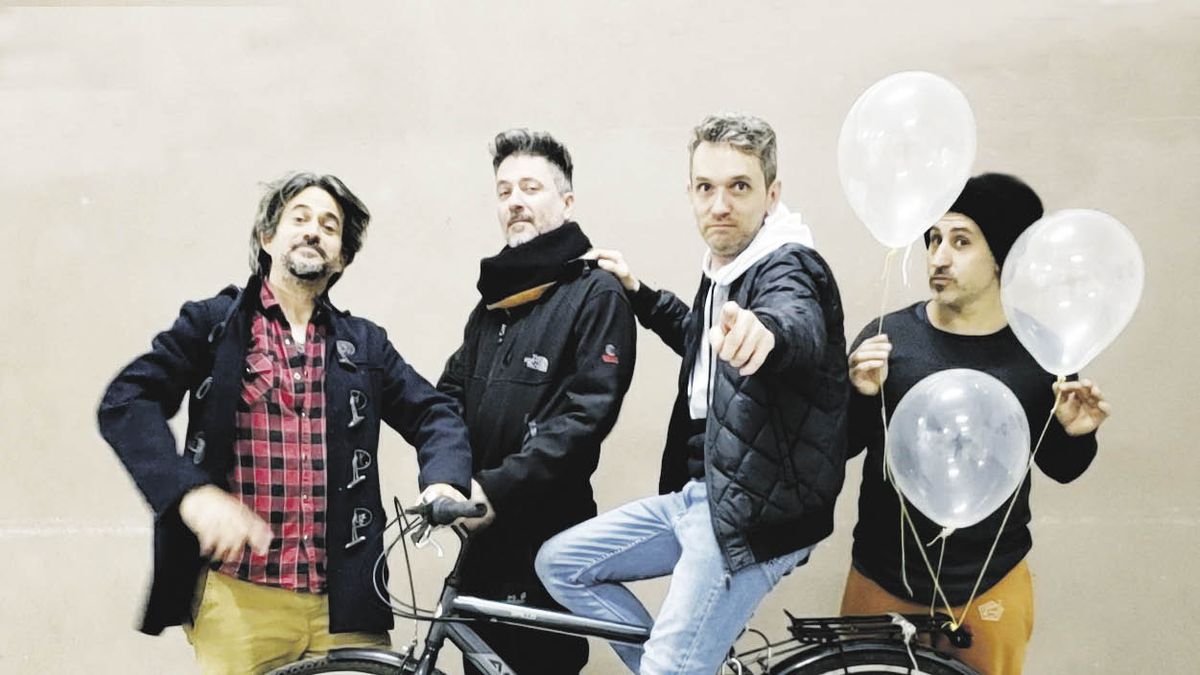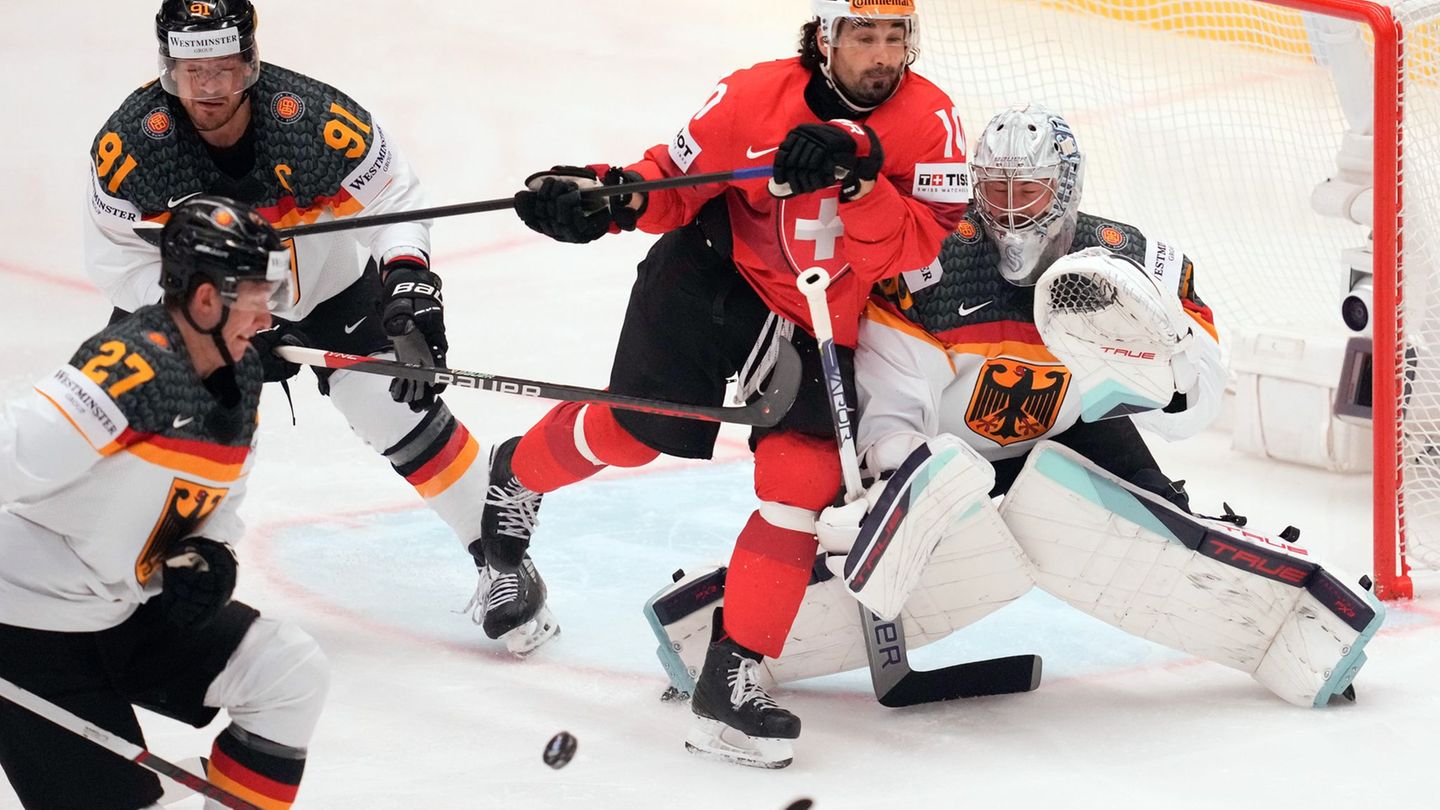“La Pipetuá” is completed by Fernando Selles and Maximiliano Miranda and this time directed by Diego Reinhold, after “Lunática,” which was directed by Daniel Casablanca and “A la obra!”, which featured Oski Guzmán as director. We talk with love.
Journalist: This time you were interested in the world of dreams, sleep and wakefulness, how do you deal with it?
Sebastian Love: We start from the question of whether when we are awake we also dream. We immerse ourselves in dreams, where everything is possible, which is a bit of the world of La Pipetuá since 2001. Always curious, we investigate different techniques that combine music, physics, juggling, dance, plastic arts, and now we add a lot of mapping. The theme of dreams gives free play to get into all those worlds. There is a lot of interaction with the screen, always with humor, that universal code that allows us to get there, from boys from ten years old to seventeen. This time we wanted to capture the adolescent, an audience not so eager for theater, and who through a helmet can get into the dreams of others.
Q.: Do they offer screens to the adolescent? Aren’t you looking for them to get out of that virtuality a little?
SA: We use technology at the service of what we want to tell, we don’t leave viewers watching a video for five minutes. There are clowns playing, clowns, a person on stage with a helmet on who interacts with the video. From the beginning we were a group that combined the artisanal with the technological, and there is also an elastic screen, some beds where the mapping is projected and much more.
Q.: How many of the ideas that arise at the time of creation manage to be carried out in the show, taking into account the production costs?
SA: We always get to the end and that’s where it’s time to discard. But we start from the belief that everything is possible, even if ours is independent because we produce our own shows. One cranes and then sees if it is possible in terms of investment, but when it comes to creating, there is never a limit. Maybe later we have to cut back but we have made inventions and gadgets that were not used and later served for something else, or not.
Q.: What did Diego Reinhold contribute from the direction?
SA: He proposed that it be all in eight, in score, and that gives it an excellent dynamism, like a little clock. Each director we had brought us more and more theatricality. There is a lot of musical comedy, physical theater and dance here. Always each new director tried to amalgamate and unify. Teresa Duggan has been with us since choreography 20 years ago.
Q.: What new elements are there this time?
SA: Comedy often has a specific mechanism with the auction. There is an invention that this time is a musical device with instruments that acts as a mega musical box. It is activated by a motor and there is a unique acrobatic light ring in Argentina. With mapping we enter and exit the screen. And we decided this time not to juggle, to see what would happen. So each show brought its own.
Q.: How do you see the offer of shows for the family?
SA: We always want to release before the winter holidays so that word of mouth spreads and we are well oiled. We are friends and colleagues of those who make children, but I feel that since we started in 2001 there have been many television bombs with companies formed to do that holiday season and fill theaters, but then they dissolve.
Source: Ambito
David William is a talented author who has made a name for himself in the world of writing. He is a professional author who writes on a wide range of topics, from general interest to opinion news. David is currently working as a writer at 24 hours worlds where he brings his unique perspective and in-depth research to his articles, making them both informative and engaging.




